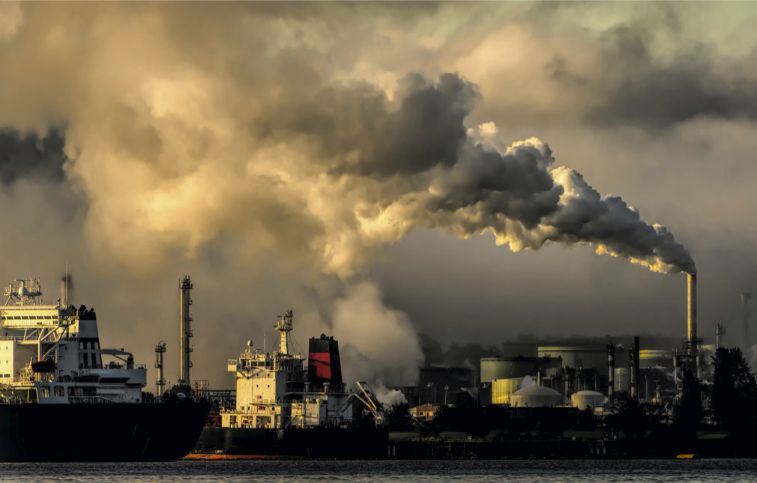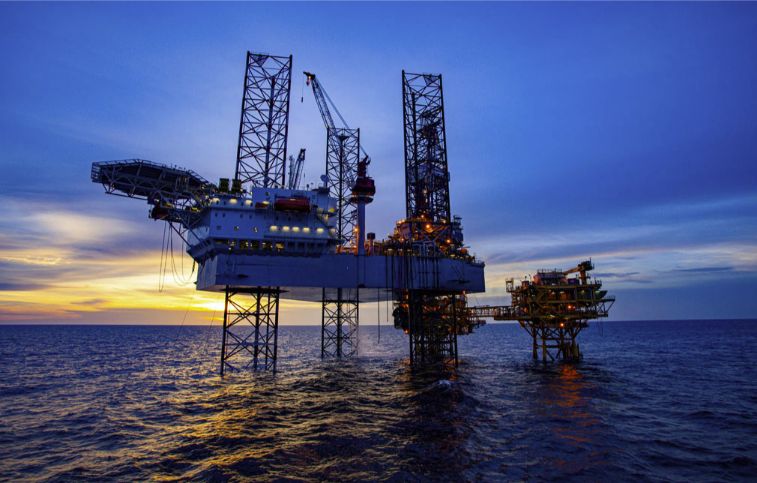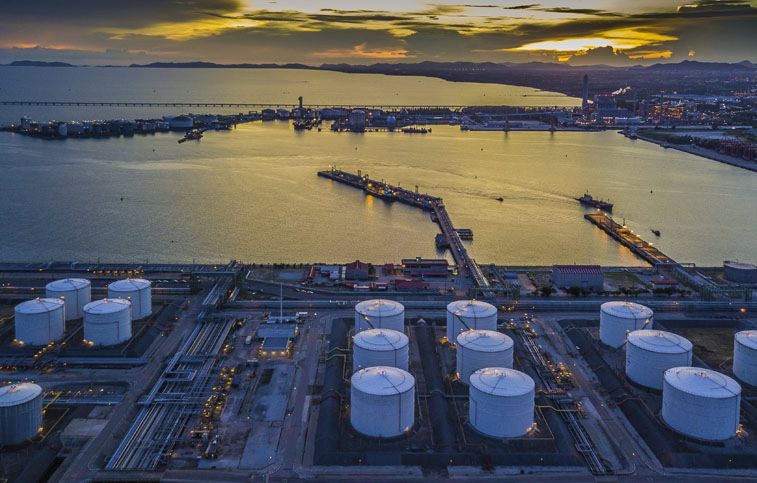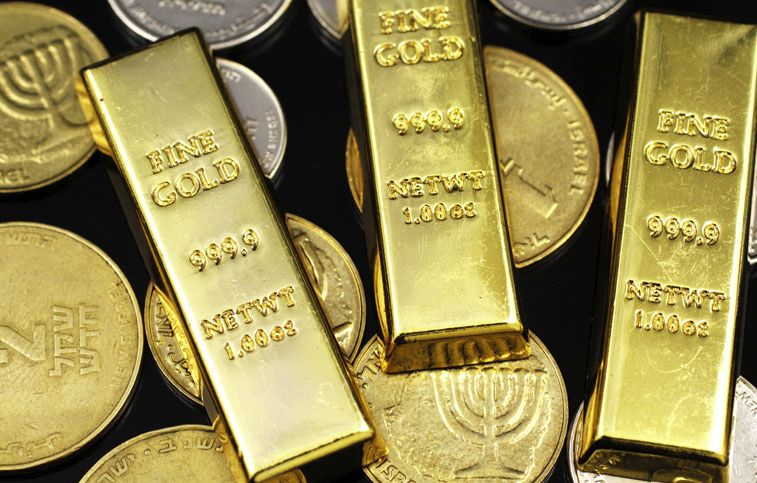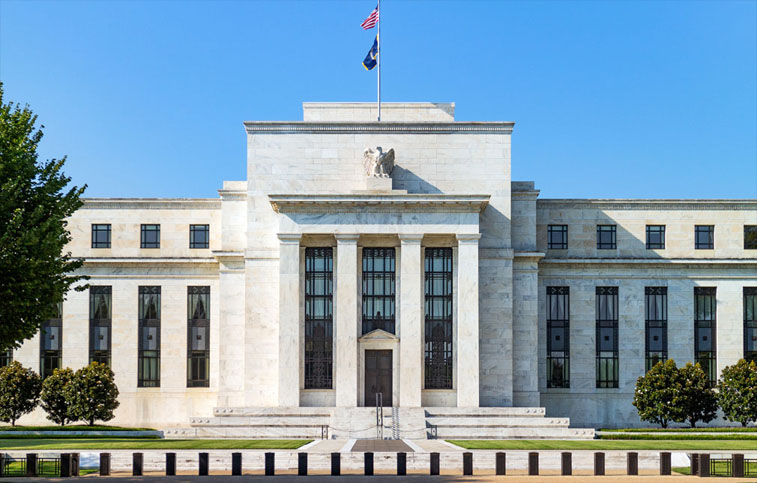On Monday, the price of a barrel of Brent crude oil fell below $85 for a brief period. In comparison, the price was higher than $123 in June. The cost of a liter of gasoline in the Netherlands has dropped to an average of €2.08, according to consumer collective UnitedConsumers. This is a decrease from the previous average price of €2.10. During June, the figure averaged out to about $2.50.
Recent price decreases can be ascribed to concerns about an impending recession and the strength of the United States dollar. The two are connected in some way. Concerns about the onset of a recession are driven mainly by a recent string of interest rate increases implemented by central banks, the most significant of which was implemented by the Federal Reserve of the United States. This is because increased interest rates tend to slow down the economy. When the economy is in decline, there is a corresponding decrease in oil demand.
At the same time, increased interest rates make investments in the dollar more appealing, which leads to an increase in the currency’s price. This high dollar cost, in turn, exerts some downward pressure on the price of oil. This is because transactions involving crude oil are typically handled in U.S. dollars. Consequently, when the interest rate on the dollar goes up, the cost of oil for purchasers paying with another currency, such as the euro, goes up proportionately.
However, there are more variables that contribute to the upward pressure on oil prices. “Because of the conflict in Ukraine, many analysts, including myself, assumed that a significant amount of Russian oil would be removed from the market. However, thus far, Russia has been highly successful in selling its oil, particularly to China and India. In contrast to our earlier beliefs, there is currently an abundance of oil available for purchase on the market, “ING’s commodities analyst Warren Patterson put it in these terms.
The stringent steps China is taking against Corona and the real estate slump in China are not helping the situation. The notion that the world’s second-largest economy could grind to a halt at any given moment is causing traders to exercise extreme caution.
Despite this, some nuance is necessary when discussing price drops. Although the oil price has dropped significantly in a brief period, it is still far more expensive than in the past. In the years leading up to the Corona pandemic epidemic, the price of a barrel of oil rarely went higher than $80. Approximately one month before the corona crisis began in February 2020, the price was roughly $60.
In addition, an economist working for the Italian financial institution UniCredit named Edoardo Campanella believes that the price of a barrel of oil may quickly reach $100 again.
Campanella outlines a variety of potential contributors to an increase in oil prices in a report that he delivers to his customers. For instance, there is a relatively small amount of spare capacity among oil-producing countries. The majority of countries produce as much as they are capable of. When there is a rise in demand, there is no opportunity to boost production rapidly. The European embargo on Russian oil, which will begin to take effect on December 5th, is another factor that the economist cites.
There is a ceiling to the amount of oil Russia can export to China and India, even though sales have already increased significantly. It is anticipated that the embargo will eventually result in a lower supply of oil on the market, leading to an increase in price. In addition, as a direct response to the high prices, Western nations have released oil from their strategic oil reserves to increase supply on the market. However, this is only a stopgap solution, given the limited nature of those reserves.
Then there is geopolitics to consider. The anxiety surrounding the war in Ukraine is increasing due to the partial mobilization that has taken place in Russia and the language of war that has come from the Kremlin. The lengthy oil embargo that has been imposed on Iran will continue to be enforced for the time being because it appears that an agreement on Iran’s nuclear program is still a long way off. Finally, other oil-producing countries may respond negatively to the decreased price.
OPEC+, the massive coalition of oil states, still includes Russia as a member state, Saudi Arabia, and 21 other minor oil-producing countries. In the years before Corona, these nations frequently shut off their oil taps whenever they believed that the price of oil had dropped to an unsustainable level. Under the current conditions, Russia will be hesitant to agree to decreased output. Still, on the other hand, it benefits from higher prices, especially if it cannot get rid of its oil, regardless of the cost.
Production has rarely been changed at any of the OPEC+ meetings that have taken place in the past few months. However, the meeting on the following Wednesday should be more exciting. If the oil-producing nations could agree among themselves, they could potentially raise the price of oil once more with the push of a button.


